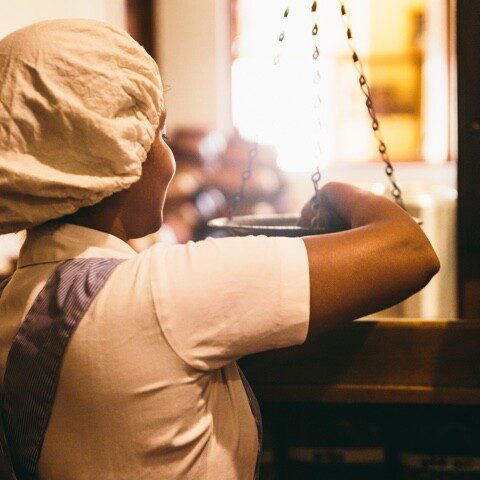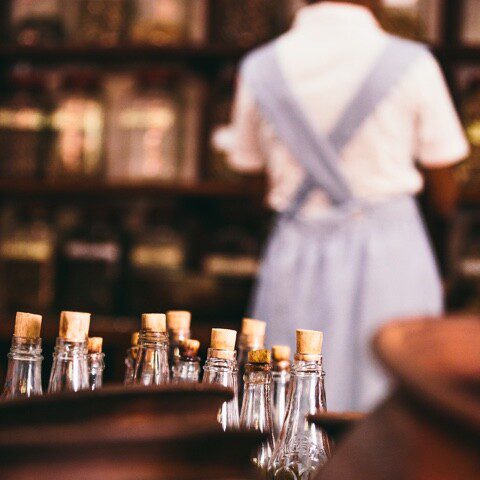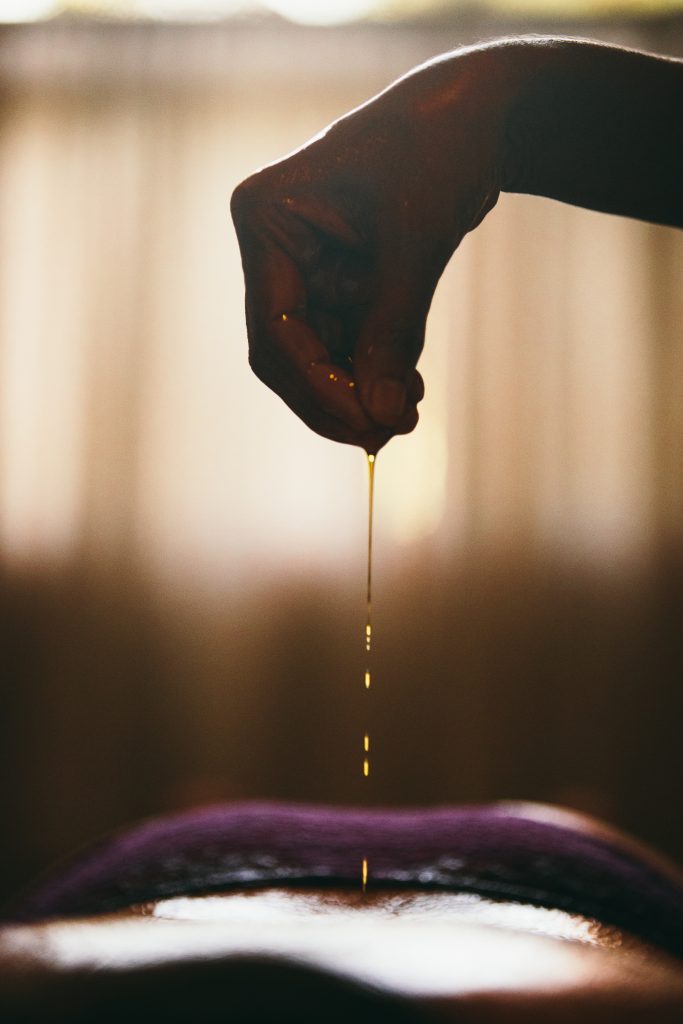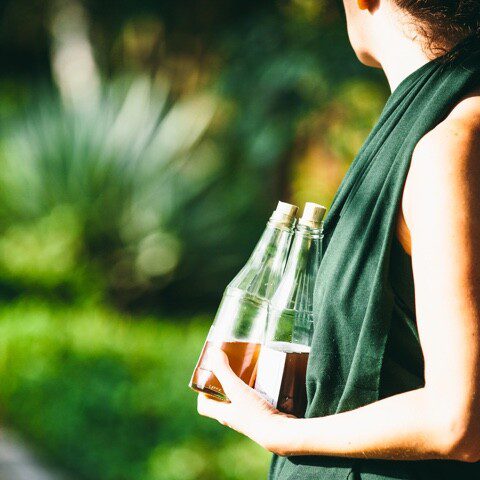Name of medical problem: Paralysis/Hemiplegia
Ayurveda name: Pakshagatha
Symptoms: Complete or incomplete loss of nerve function to a part of the body or the whole of the body. The part of the body that is affected loses its sensations and/or movements. Symptoms include
- Loss of sensation
- Impairment of voluntary movements
- Impairment of speech
Cause of illness
According to Ayurveda science, paralysis occurs when the Vata Dosha aggravates in the brain. Strenuous exercise, continuous exposure to stress, sleeplessness or obstruction of channels present in brain lead to aggravation of the Vata Dosha. Aggravated Vata Dosha can dry up the nerves with adverse affects on the opposite side of the body.
According to western medical views, contributory causes to paralysis include:
- Ischemic cerebral lesion, which is due to obstruction of blood vessels present in the brain with fat particles, blood clot, air bubbles or cholesterol plaque (atherosclerosis).
- Hemorrhagic cerebral lesion is due to hypertension (high blood pressure), aneurysm or trauma.
- The centre affected by the lesion is responsible for the paralysis of the corresponding part in the body. Several risk factors are mentioned in western medicine as being possible predisposing factors to paralysis.
Ayurveda Treatments:
Paralysis can be successfully treated in Ayurveda with the combination of internal medicine and external treatments. Treatment usually varies with the patient’s condition.
Internal treatment:
- Herbal decoctions to be taken orally. In the beginning, ThriKatakadi decoction is given. It contains 12 herbs and purifies the obstructed channels in the brain. But if patient is having Kaphadosha, the prescribed decoction may change
- Seetharama: Little herbal pills called Seetharama are also given along with this decoction to prevent fever and to balance the dosha.
- Chandra Kalka: Orally taken medicinal herbal paste called Chandra Kalka is given with a special herbal tea for the purpose of reducing hypertension and purifying the obstructed blood vessels.
- Ma-Ul-Asel: Special preparation called ma-ul-asel (contains honey and water) given for preventing clot formation.
- Ekaveriya pills: If patient has hypertension, Ekaveriya pills containing Rauvolfiaserpentina and herbal wine called Balaarishtaya is given to be taken orally.
- Herbal teas (Anupana): If patient has high serum cholesterol levels, it can be corrected through special herbal teas (Anupana).
External treatment:
If patient does not have any kaphadosha aggravation or heart disease, the following treatment can be administered.
- Shiro Abhyanga (special head oil application)
- Sharera Abhyanga (special body oil application)
- Shirodara treatment (special head oil application)
- Sarvangadara treatment (Treatment is done by applying small steam-heated bundles of herbs tied in cotton bags and pressed gently on aching parts of the body.)
- Pinda Sweda treatment (Mild oil application with the help of special milk rice medicinal bundles made of cheese cloth
Prospects of cure: Early stages in paralysis (particularly before 1 year has lapsed) are curable. Where a complete cure is not feasible, symptoms can be reduced and the condition of the patient can be seen to improve. When paralysis occurs in very old people or infants, it is hard to cure.




